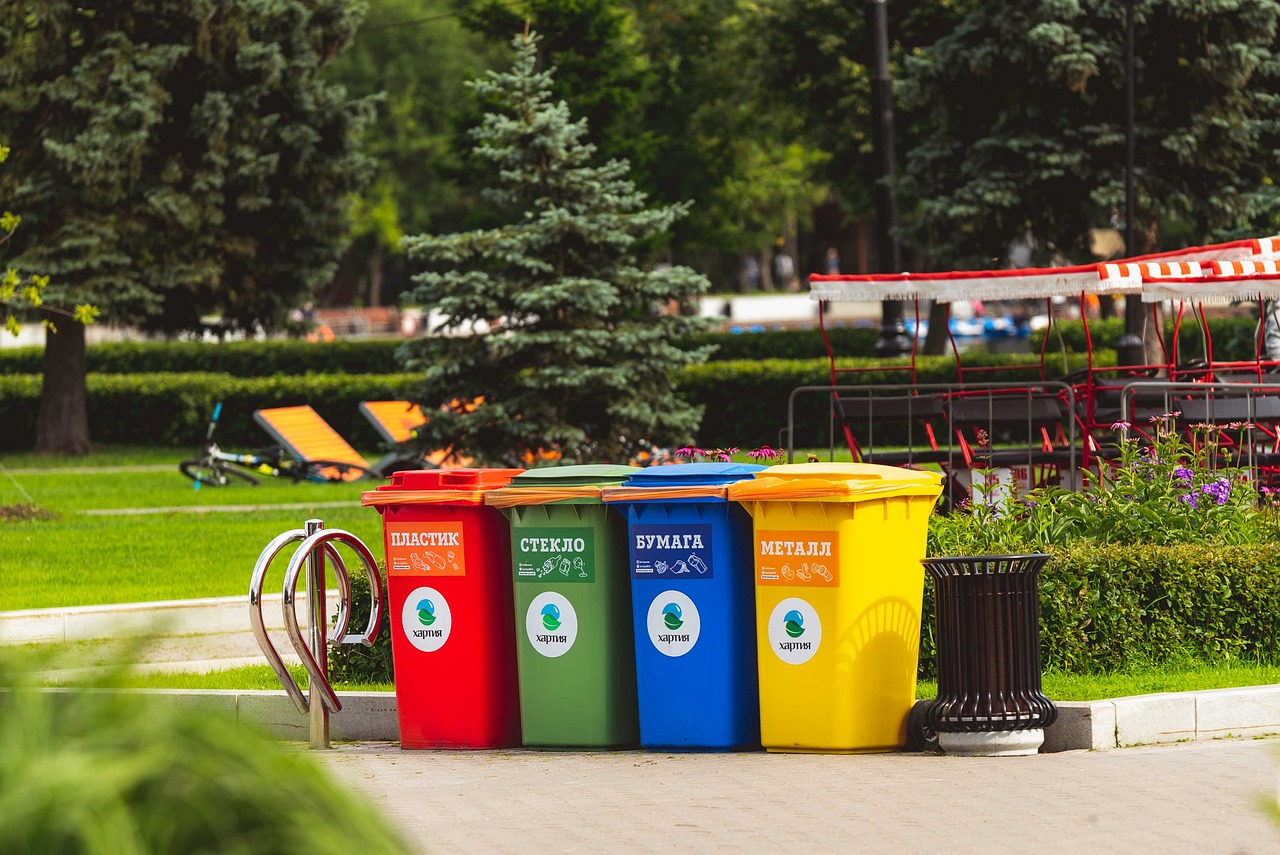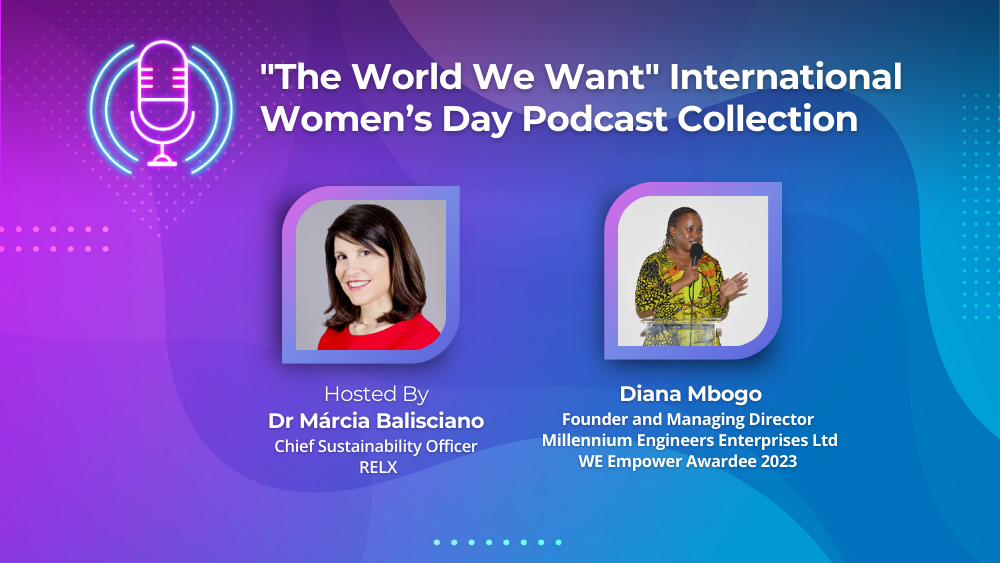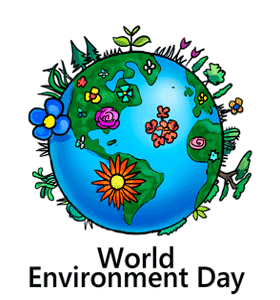Environmental protection, involving the preservation and restoration of natural resources and ecosystems, is foundational to the realization of the Sustainable Development Goals (SDGs). It directly influences SDG 13 (Climate Action), SDG 14 (Life Below Water), and SDG 15 (Life on Land), which all stress the urgent need to mitigate environmental degradation, conserve biodiversity, and foster sustainable use of our natural resources. Furthermore, environmental protection is intrinsically linked to SDG 3 (Good Health and Well-being), as a healthy environment reduces risks from pollution and disease vectors. It also contributes to SDG 6 (Clean Water and Sanitation) and SDG 7 (Affordable and Clean Energy) by promoting clean water resources and renewable energy. Additionally, it is integral to achieving SDG 12 (Responsible Consumption and Production), emphasizing the need for sustainable consumption and production patterns that limit environmental harm.
International Day of Plant Health 2026
The International Day of Plant Health is observed each year on May 12. Established by the United Nations and supported by the Food and Agriculture Organization, the day raises awareness about the role of plant health in protecting food security, environmental balance, and economic stability. This observance encourages action to prevent the spread of plant pests and diseases, which threaten crops, livelihoods, and the planet’s ecosystems.
International Day of Zero Waste 2026: Tackling Waste for a Sustainable Future
Observed annually on March 30, the International Day of Zero Waste promotes global efforts to address the waste crisis and advance sustainable production and consumption practices. Established by the United Nations General Assembly in 2022, this observance highlights solutions for resource recovery, reducing pollution, and protecting both human and environmental health.
Addressing the Waste Crisis
The Right to Protest: online panel discussion
LexisNexis is hosting a free, online panel discussion in partnership with the International Law Book Facility (ILBF) to explore the right to protest.
24th January 2024 at 17:00-18:30 GMT
The panel discussion, moderated by James Harper, General Counsel of Global Nexis Solutions - part of LexisNexis, supports the ILBF's law undergraduate essay competition 2023-2024, that asks law undergraduates the question: ‘Should the right to protest be unfettered?’
World Bee Day 2026: Sustainable Development Goals (SDGs) and Our Buzzing Allies
On May 20, 2026, the globe will come together to mark World Bee Day 2026. This isn't just a day to marvel at these buzzing beauties; it's a call to action—a day to realize how bees are integral to many of our Sustainable Development Goals (SDGs). World Bee Day 2026 seeks to elevate this message, shedding light on the myriad ways bees contribute to our global aspirations.
The Importance of Bees
World Toilet Day 2026: Making Every Flush Count for Sustainable Development
On World Toilet Day 2026, which falls on 19 November, SDG Resources aims to cast a spotlight on an issue that many often overlook – sanitation. As odd as it might sound to some, toilets are more than just a basic amenity; they're a symbol of a society's progress and commitment to ensuring the well-being of its inhabitants.
A Brief Introduction to World Toilet Day 2026
The Amazon is the most concentrated expression of life on Earth and it is clearly threatened.









